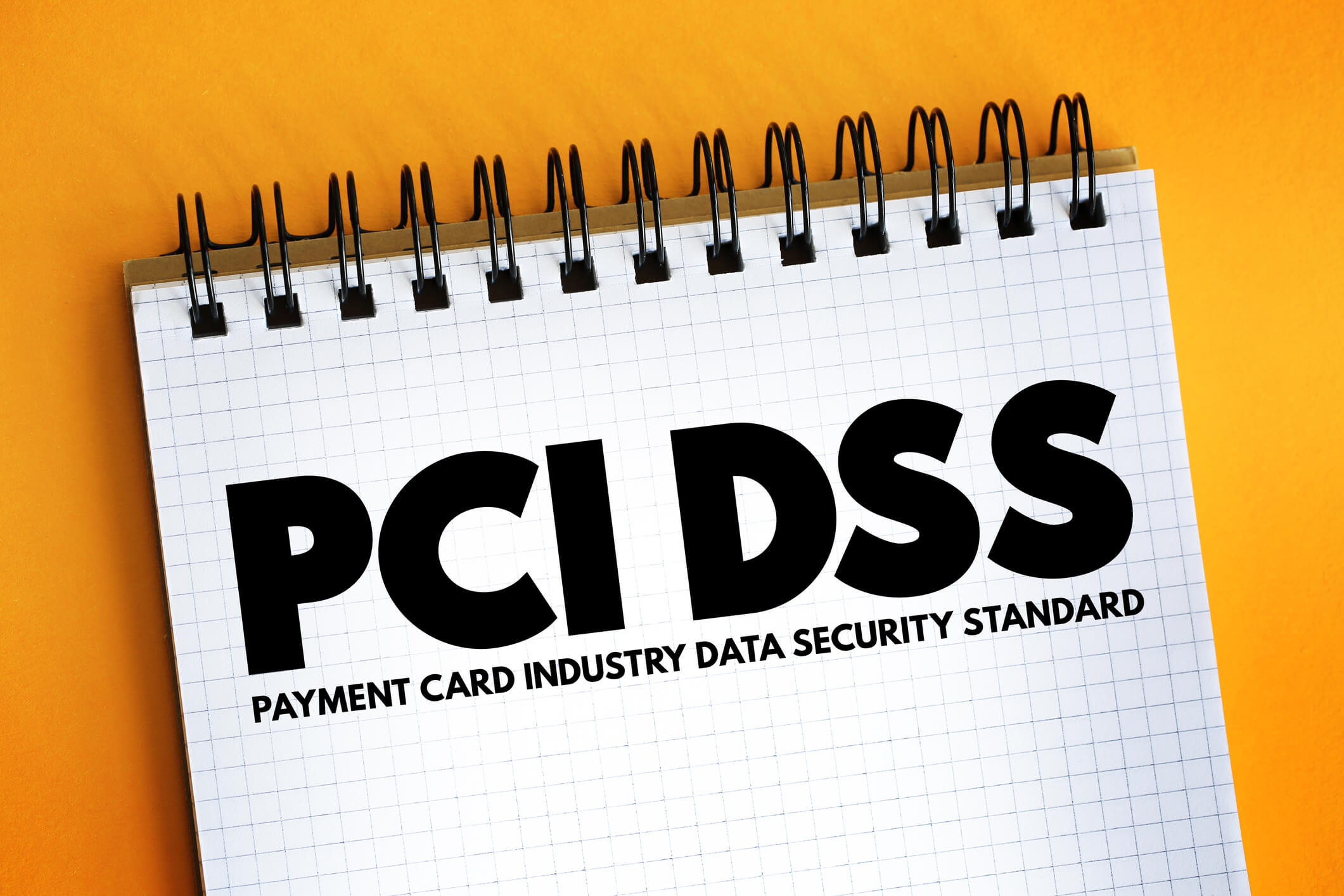
By admin August 13, 2024
In recent years, the popularity of CBD oil has skyrocketed, with consumers turning to this natural remedy for a wide range of ailments. As the demand for CBD oil continues to grow, so does the need for secure and reliable payment processing solutions. This is where PCI compliance comes into play.
In this article, we will explore the impact of PCI compliance on CBD oil transactions, discussing its importance, potential risks of non-compliance, best practices for implementation, and the benefits it brings to both merchants and consumers.
What is PCI Compliance and Why is it Important for CBD Oil Transactions?
PCI compliance, or Payment Card Industry Data Security Standard (PCI DSS) compliance, refers to the set of security standards established by major credit card companies to ensure the protection of cardholder data during payment transactions. These standards are designed to prevent data breaches, fraud, and unauthorized access to sensitive information.
For CBD oil transactions, PCI compliance is crucial for several reasons. Firstly, it helps protect the personal and financial information of customers who purchase CBD oil products online. With the increasing number of cyber threats and data breaches, ensuring the security of customer data is of utmost importance.
Secondly, PCI compliance helps build trust and credibility among consumers. When customers see that a CBD oil merchant is PCI compliant, they feel more confident in making purchases and sharing their payment information. This can lead to increased sales and customer loyalty.
Lastly, non-compliance with PCI standards can result in severe consequences for CBD oil merchants. In the event of a data breach or non-compliance audit, merchants may face hefty fines, legal liabilities, damage to their reputation, and even the suspension of their ability to process credit card payments.
The Potential Risks and Consequences of Non-Compliance with PCI Standards
The risks associated with non-compliance with PCI standards in CBD oil transactions are significant. One of the most significant risks is the potential for data breaches. Hackers and cybercriminals are constantly seeking ways to exploit vulnerabilities in payment systems to gain access to sensitive customer data. Without proper PCI compliance measures in place, CBD oil merchants are more susceptible to these attacks.
In the event of a data breach, the consequences can be severe. Not only can merchants face financial losses due to fraudulent transactions and chargebacks, but they may also be held legally responsible for any damages incurred by their customers. Additionally, the reputational damage caused by a data breach can be long-lasting and difficult to recover from.
Furthermore, non-compliance with PCI standards can result in penalties and fines imposed by credit card companies and regulatory bodies. These fines can range from a few thousand dollars to millions, depending on the severity of the non-compliance and the number of affected customers. For small CBD oil merchants, such fines can be devastating and potentially lead to bankruptcy.
The Role of PCI DSS in Securing CBD Oil Transactions
The Payment Card Industry Data Security Standard (PCI DSS) plays a crucial role in securing CBD oil transactions. It provides a comprehensive framework for merchants to follow in order to protect cardholder data and prevent unauthorized access.
The PCI DSS consists of twelve requirements that cover various aspects of data security, including network security, encryption, access control, and regular monitoring and testing. By adhering to these requirements, CBD oil merchants can significantly reduce the risk of data breaches and ensure the safety of customer information.
Implementing PCI Compliance: Best Practices for CBD Oil Merchants
Implementing PCI compliance can be a complex process, but there are several best practices that CBD oil merchants can follow to ensure a smooth and successful implementation.
- Understand the requirements: Familiarize yourself with the twelve requirements of the PCI DSS and ensure that you have a clear understanding of what is expected of your business.
- Conduct a risk assessment: Identify potential vulnerabilities and risks in your payment processing system. This can be done through regular security audits and penetration testing.
- Encrypt cardholder data: Implement strong encryption methods to protect cardholder data both during transmission and storage. This includes using secure protocols such as SSL/TLS and encrypting data at rest.
- Implement access controls: Restrict access to cardholder data to only authorized personnel. This can be achieved through user authentication, role-based access controls, and regular monitoring of user activity.
- Regularly update and patch systems: Keep your payment processing systems up to date with the latest security patches and updates. This helps protect against known vulnerabilities and exploits.
- Train employees on security practices: Educate your employees on the importance of data security and provide training on best practices for handling cardholder data. This includes password hygiene, phishing awareness, and secure browsing habits.
- Monitor and log all access: Implement a robust logging and monitoring system to track and record all access to cardholder data. This helps detect and respond to any suspicious activity in a timely manner.
- Engage a PCI compliance service provider: Consider partnering with a reputable PCI compliance service provider who can assist you in achieving and maintaining compliance. These providers offer expertise, tools, and resources to simplify the compliance process.
Common Challenges and Solutions in Achieving PCI Compliance for CBD Oil Transactions
Achieving PCI compliance can be challenging for CBD oil merchants, especially those who are new to the industry or have limited resources. However, with proper planning and the right approach, these challenges can be overcome.
One common challenge is the complexity of the PCI DSS requirements. The twelve requirements can be overwhelming, especially for small businesses with limited IT resources. To address this challenge, CBD oil merchants can seek guidance from PCI compliance service providers who specialize in the cannabis industry. These providers can help simplify the compliance process and provide tailored solutions to meet the unique needs of CBD oil merchants.
Another challenge is the cost associated with implementing and maintaining PCI compliance measures. From investing in secure payment processing systems to conducting regular security audits, the expenses can add up quickly. To mitigate this challenge, CBD oil merchants can explore cost-effective solutions such as cloud-based payment processing platforms that offer built-in security features and compliance tools.
Additionally, staying up to date with the evolving PCI DSS requirements can be a challenge in itself. The standards are regularly updated to address emerging threats and vulnerabilities. To stay compliant, CBD oil merchants should stay informed about the latest changes and work closely with their PCI compliance service provider to ensure ongoing compliance.
The Benefits of PCI Compliance for CBD Oil Merchants and Consumers
While achieving and maintaining PCI compliance may require time, effort, and financial investment, the benefits it brings to both CBD oil merchants and consumers are well worth it.
For CBD oil merchants, PCI compliance helps build trust and credibility among customers. When customers see the PCI compliance logo displayed on a merchant’s website, they know that their payment information is being handled securely. This can lead to increased sales, customer loyalty, and positive word-of-mouth referrals.
Furthermore, PCI compliance helps protect CBD oil merchants from the financial and legal consequences of data breaches. By implementing robust security measures and following the PCI DSS requirements, merchants can significantly reduce the risk of data breaches and the associated costs.
For consumers, PCI compliance provides peace of mind when making online purchases. With the increasing number of data breaches and cyber threats, consumers are becoming more cautious about sharing their payment information online. By choosing to purchase from PCI compliant CBD oil merchants, consumers can trust that their personal and financial information is being handled securely.
Frequently Asked Questions (FAQs) about PCI Compliance and CBD Oil Transactions
Q.1: What is the purpose of PCI compliance?
The purpose of PCI compliance is to ensure the security of cardholder data during payment transactions. It helps protect against data breaches, fraud, and unauthorized access to sensitive information.
Q.2: Is PCI compliance mandatory for CBD oil merchants?
While PCI compliance is not legally mandated, it is strongly recommended for CBD oil merchants. Non-compliance can result in severe consequences, including fines, legal liabilities, and reputational damage.
Q.3: How can CBD oil merchants achieve PCI compliance?
CBD oil merchants can achieve PCI compliance by following the twelve requirements of the PCI DSS, implementing robust security measures, conducting regular security audits, and working with a PCI compliance service provider.
Q.4: What are the potential risks of non-compliance with PCI standards?
The potential risks of non-compliance with PCI standards include data breaches, financial losses, legal liabilities, reputational damage, and fines imposed by credit card companies and regulatory bodies.
Q.5: How does PCI compliance benefit consumers?
PCI compliance benefits consumers by ensuring the security of their payment information during online transactions. It provides peace of mind and helps protect against fraud and unauthorized access to personal and financial data.
Conclusion
In conclusion, PCI compliance plays a crucial role in securing CBD oil transactions. It helps protect the personal and financial information of customers, builds trust and credibility among consumers, and mitigates the risks and consequences of data breaches. While achieving and maintaining PCI compliance may present challenges, the benefits it brings to both CBD oil merchants and consumers are significant.
By following best practices, seeking guidance from PCI compliance service providers, and staying informed about the evolving standards, CBD oil merchants can ensure the security and integrity of their payment processing systems.


